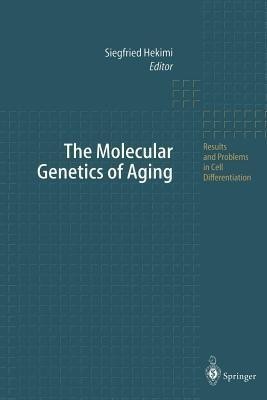The Molecular Genetics of Aging(English, Paperback, unknown)
Quick Overview
Product Price Comparison
The molecular genetics of aging or life-span determination is an expanding field. One reason is because many people would consider it desirable if hu- man life span could be extended. Indeed, it is difficult not to be fascinated by tales of the life and death of people who have succeeded in living a very long life. Because of this, we have placed at the head of this book the chapter by Perls et al. on Centenerians and the Genetics of Longevity. Perls and his coauthors convincingly argue that, while the average life expectancy might be mostly determined by environmental factors because the average person has an average genotype, extremely long life spans are genetically determined. Of course, studying humans to uncover the genetics of aging is not ideal, not so much because one cannot easily perform experiments as because they live such a long time. This is why most of this book describes the current state of research with model organisms such as yeast, worms, flies, and mice. J aswinski focuses on yeast and how metabolic activity and stress resistance affect the longevity of Saccharomyces cerevisiae. In the process, he discusses the concept of aging as applied to a unicellular organism such as yeast and the importance of metabolism and stress resistance for aging in all organisms.


